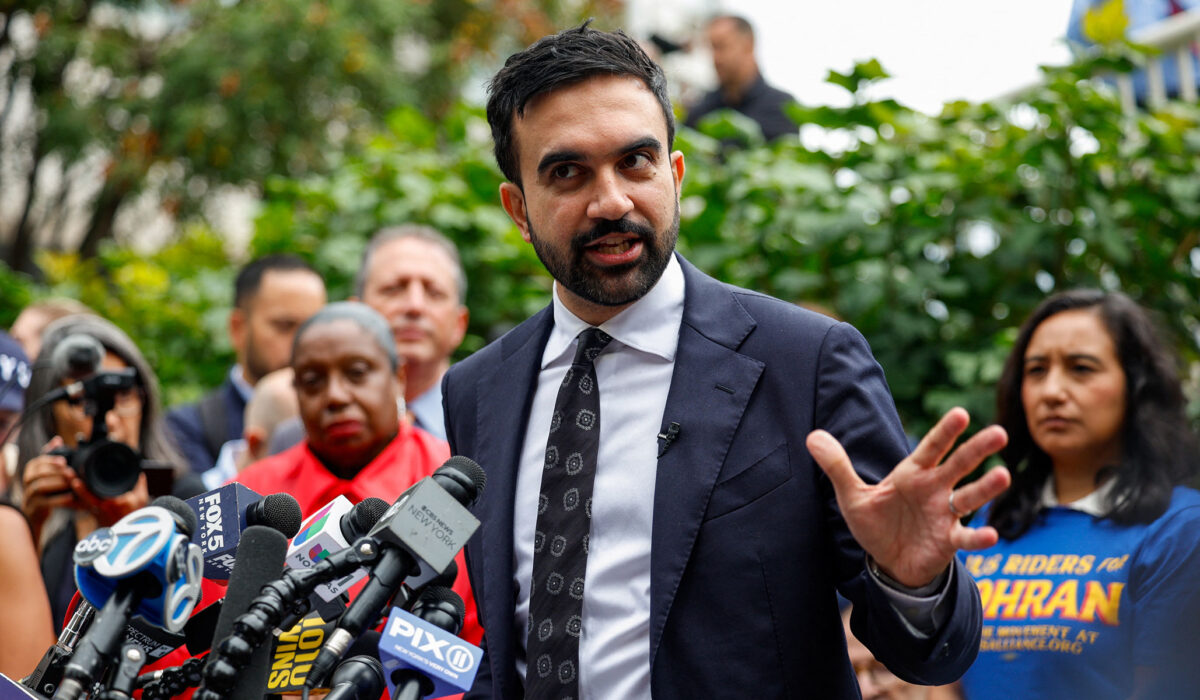The Good News: An Antidote Still Exists
The good news is that we still have the antidote to all the nonsense out there. It shows up in plain conversations, stubborn curiosity, and the willingness to check facts before passing them on. That combination keeps falsehoods from calcifying into accepted truth.
Start with curiosity that asks more than it assumes. A quick question can turn a viral claim into a teachable moment, and teachable moments slow the spread of error. Curiosity is not snobbery; it is a practical habit that saves time and reputation.
Next, prioritize sources that actually show their work. When claims come with clear evidence, that evidence becomes something the rest of us can test and discuss. Demanding that openness weeds out fancy-sounding but empty assertions.
Practice being readable and precise in what you say. Short, specific statements are easier to verify than big sweeping claims wrapped in emotion. Precision makes it hard for mistakes to hide in plain sight.
Lean on communities that reward truth-seeking over theatrical outrage. Small groups that care about truth correct each other quickly and without the fanfare that fuels misinformation. Those micro-networks are often more effective than broad broadcasts at fixing errors.
Use humor as a filter not a bludgeon. A well-timed joke can expose absurdity and invite reconsideration without humiliation. Humor opens the door for people to admit they were wrong.
Teach basic verification skills to the people around you. Simple checks like looking for original documents, timestamps, and direct quotes cut through most manufactured stories. These skills are portable and multiply when shared.
Reward humble corrections publicly and often. Admitting a mistake fast disarms critics and encourages others to follow suit. It also strengthens credibility when you speak next time.
Be careful with platforms that monetize outrage. Algorithms favor things that spark strong feelings, not things that are true. Knowing the rules of the playground helps you play without getting played.
Hold institutions accountable while expecting them to fail sometimes. Institutions can be sources of reliable information, but they also make mistakes and need pressure to correct course. Balance skepticism with the practical goal of improving what matters.
Prioritize direct, on-the-record exchanges over anonymous gossip and secondhand claims. Conversations where names and sources are visible create incentives for accuracy. Transparency changes the incentives for everyone involved.
This is not a grand theory. It is a set of everyday habits that, when adopted widely, blunt the power of falsehood. The antidote exists in how people choose to think and talk, and it works when enough of us use it.

